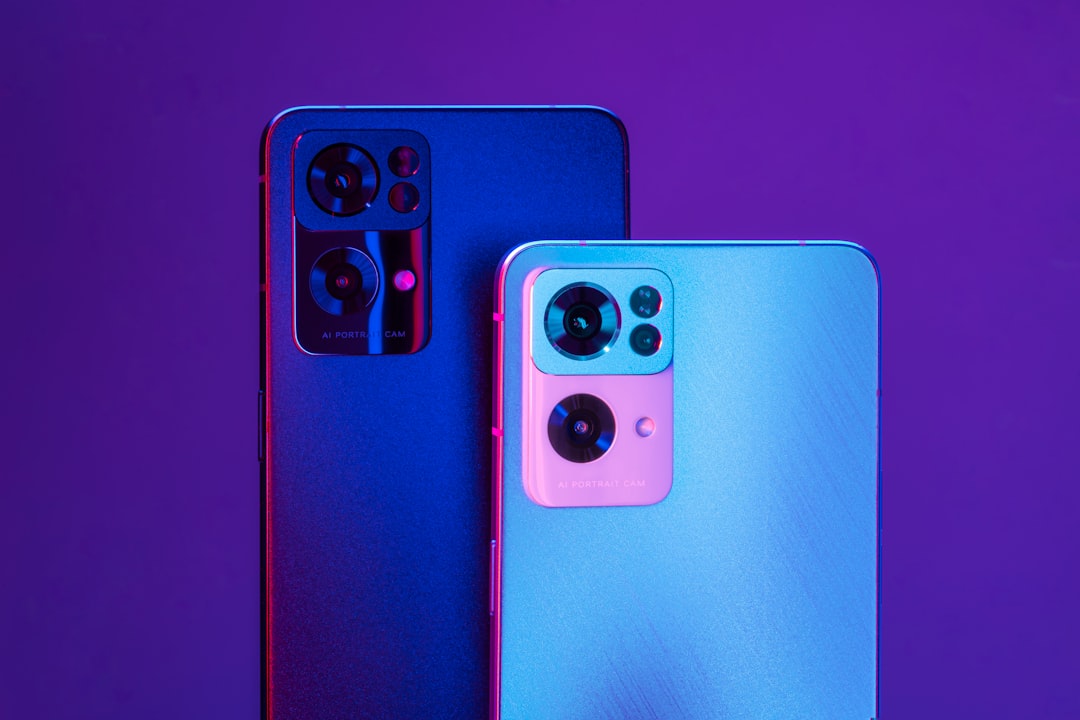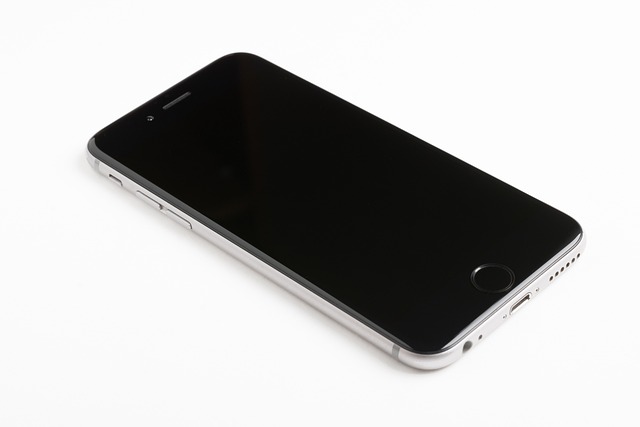North Carolina's Telephone Consumer Protection Act (TCPA) and Telemarketing and Consumer Fraud Prevention Act (TCFA) protect residents from unwanted robocalls. If a company violates these laws by making unauthorized calls, individuals can sue for damages, including monetary compensation and treble damages for distress. Legitimate automated calls require prior consent or fall under specific exemptions like charities or political campaigns. Documentation of nuisance calls is crucial for legal action, offering potential compensation under North Carolina law.
In North Carolina, robocall regulations aim to protect residents from unsolicited phone marketing. However, amidst these stringent laws, questions arise: Are there any exceptions to these rules? This article explores the intricacies of robocall legislation in North Carolina, delving into specific scenarios where automated calls remain legal despite the restrictions. We also guide you through your rights and options when faced with nuisance calls, including the possibility of legal recourse through a lawsuit for Can I Sue For Robocalls North Carolina.
Understanding Robocall Regulations in North Carolina

In North Carolina, just like many other states, robocall regulations are in place to protect residents from unwanted and deceptive automated phone calls. These rules, part of the Telephone Consumer Protection Act (TCPA), govern how businesses and organizations can contact consumers via telephone. Understanding these regulations is crucial, especially if you’re considering taking legal action against a company that has made intrusive or unauthorized robocalls.
If you believe a company has violated your rights by making unwanted robocalls, you may have legal options. The TCPA allows individuals to sue for damages, including monetary compensation for each violation. If the calls were not only unwanted but also caused you distress, you could be entitled to additional treble damages. This means Can I Sue For Robocalls North Carolina is a valid question for anyone who has experienced harassment or disruption due to automated phone calls.
When Are Robocalls Legal Despite Laws?

Despite robust anti-robocall laws in North Carolina, there are specific scenarios where automated calls remain legal. One such instance is when the caller has obtained prior consent from the recipient. This could be through a signed agreement, a previous business transaction, or an explicit opt-in during a subscription process. For example, if you’ve agreed to receive marketing calls from a particular company by signing up for their newsletter, those calls are legal even without your explicit permission for each individual call.
Additionally, certain organizations, such as charities, political campaigns, and debt collectors, may still make automated calls with limited restrictions. However, these entities must adhere to specific guidelines regarding the timing, frequency, and content of their robocalls. Moreover, if a caller violates these rules or fails to provide an opt-out option, individuals in North Carolina have legal recourse, including the ability to sue for damages under state laws, which can help deter and penalize unauthorized robocalls.
Your Rights and Options if Bothered by Robocalls

If you’re tired of receiving unwanted robocalls, know that North Carolina has laws in place to protect consumers from these automated phone calls. According to the Telemarketing and Consumer Fraud Prevention Act (TCFA), businesses are restricted from using automatic dialing systems or prerecorded messages for telemarketing purposes without prior consent. If a company violates this law, individuals have rights and options.
If you’ve been disturbed by frequent robocalls, consider documenting each instance. Keep a log of the calls, including the caller’s number, the date and time, and any details about the marketing message. This documentation can be valuable if you decide to take legal action. While it may seem daunting to sue a large corporation, North Carolina law allows consumers to seek damages for unauthorized robocalls, potentially resulting in compensation for their troubles.
Legal Recourse: Can You Sue for Nuisance Calls?

In North Carolina, as in many states, robocalls are regulated to protect residents from unwanted and intrusive phone marketing. However, understanding your legal recourse if these automated calls persist or become a nuisance is essential. If you believe you’ve been subjected to excessive or harassing robocalls, you may have the right to take action.
North Carolina law allows individuals to sue for damages caused by nuisance calls. While this might not be the primary enforcement mechanism against violators, it provides a way for affected residents to seek compensation and deter future unwanted calls. If successful, you could recover costs associated with the calls and any emotional distress they may have caused.






